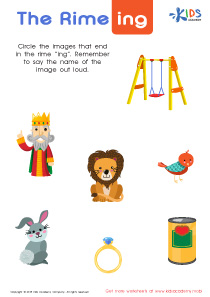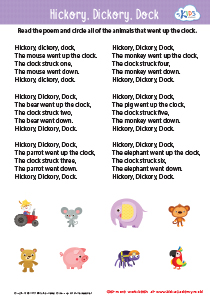Cognitive Development Extra Challenge Building Vocabulary Worksheets for Ages 4-7
5 filtered results
-
From - To
Boost your child's cognitive development with our "Cognitive Development Extra Challenge Building Vocabulary Worksheets for Ages 4-7." Curated by education experts, these advanced worksheets offer engaging activities designed to expand vocabulary and enhance reading comprehension. Ideal for young learners, ages 4 to 7, these worksheets provide stimulating exercises that challenge crucial cognitive skills and foster a love for learning. From matching words to pictures to crafting sentences, each activity is tailored to support early literacy and language development. Transform study time into an exciting adventure with these effective, kid-friendly resources!
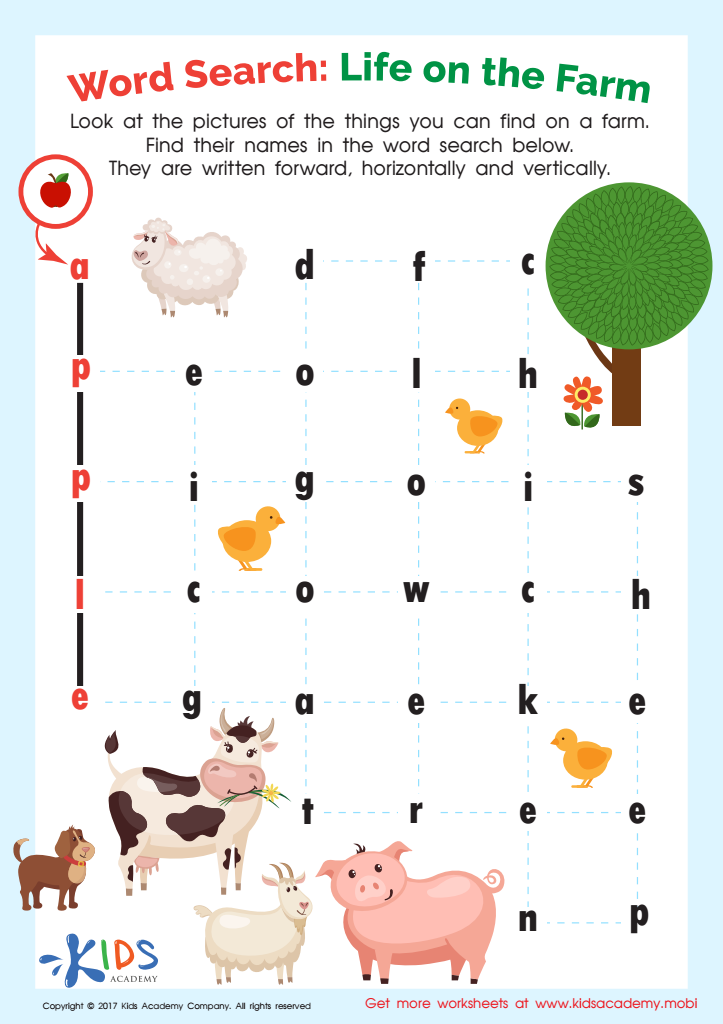

Word Search Puzzles Worksheet
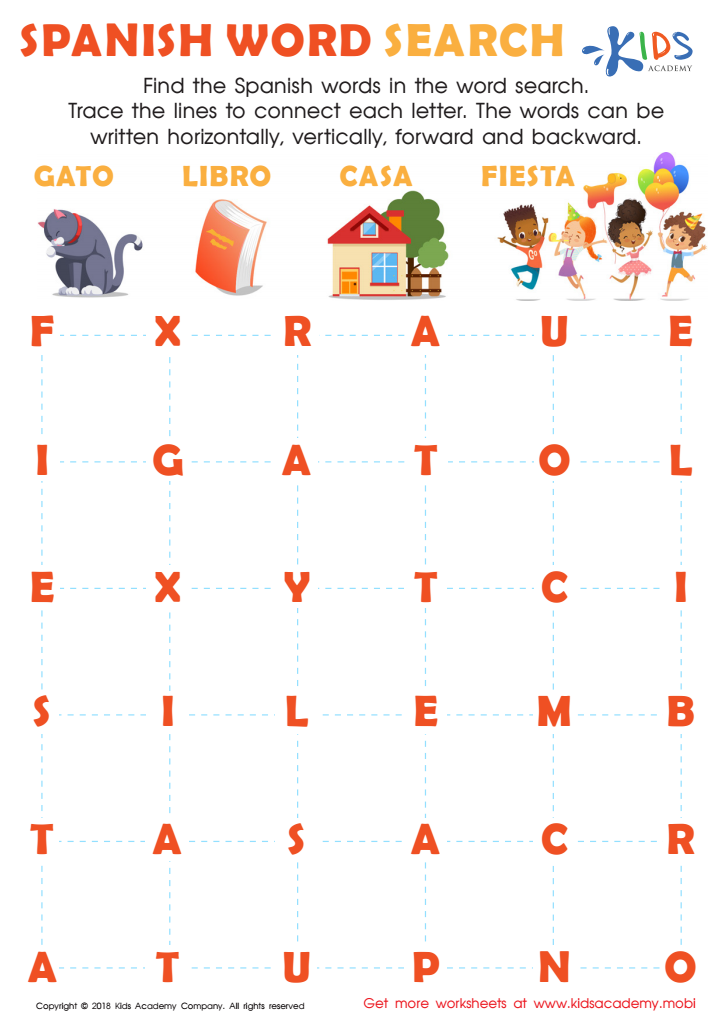

Spanish Word Search Worksheet
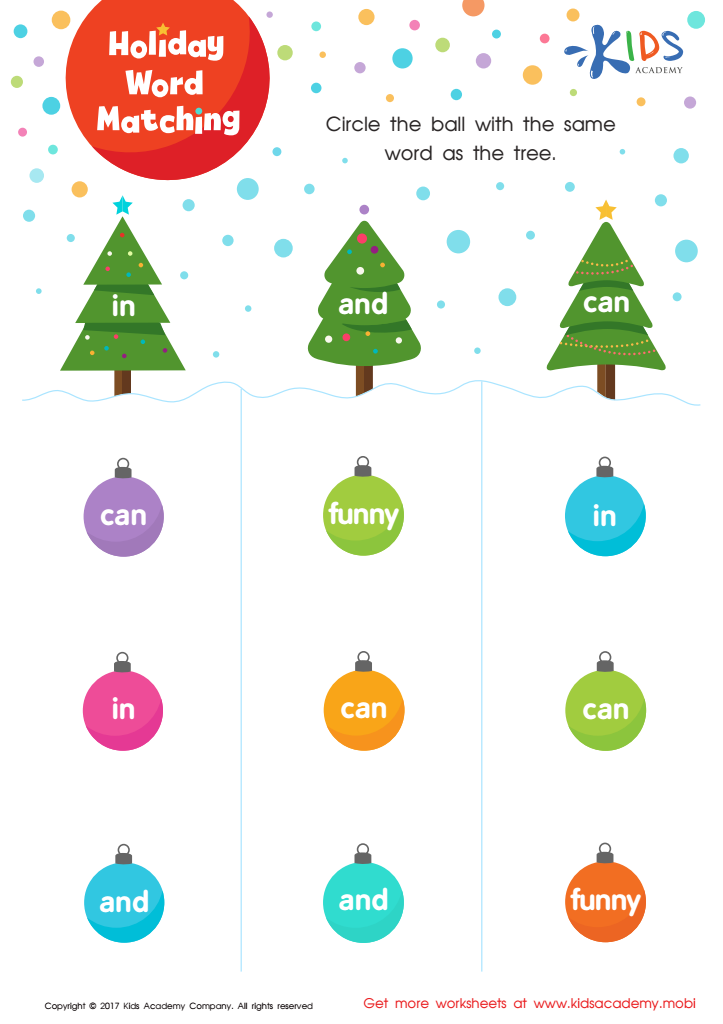

Holiday Word Matching Worksheet
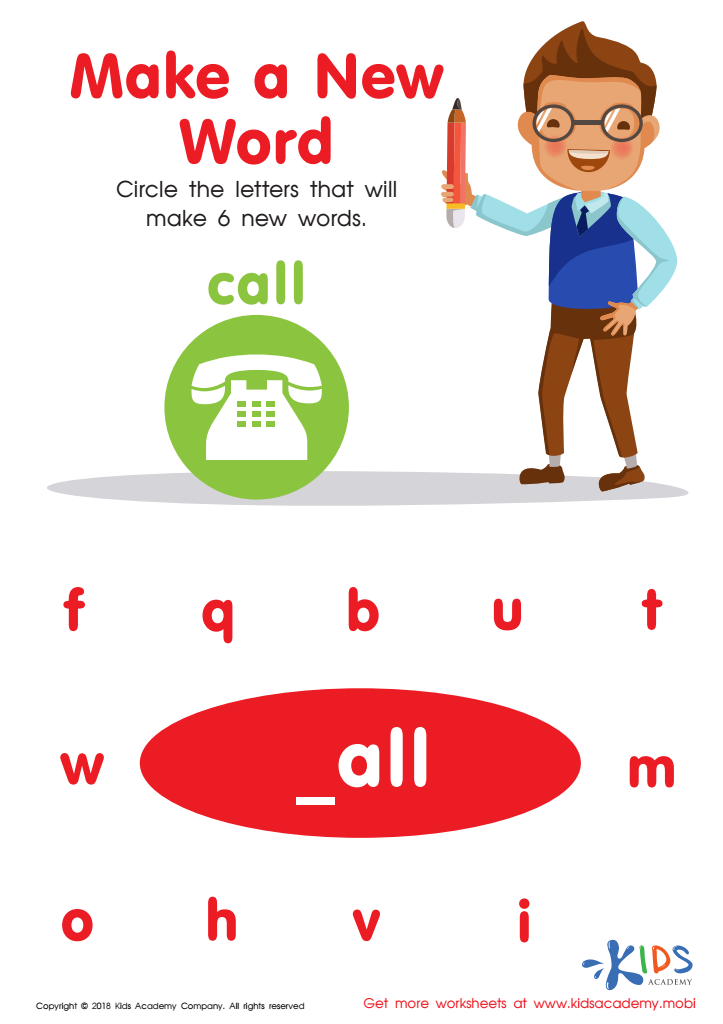

Make a New Word Worksheet
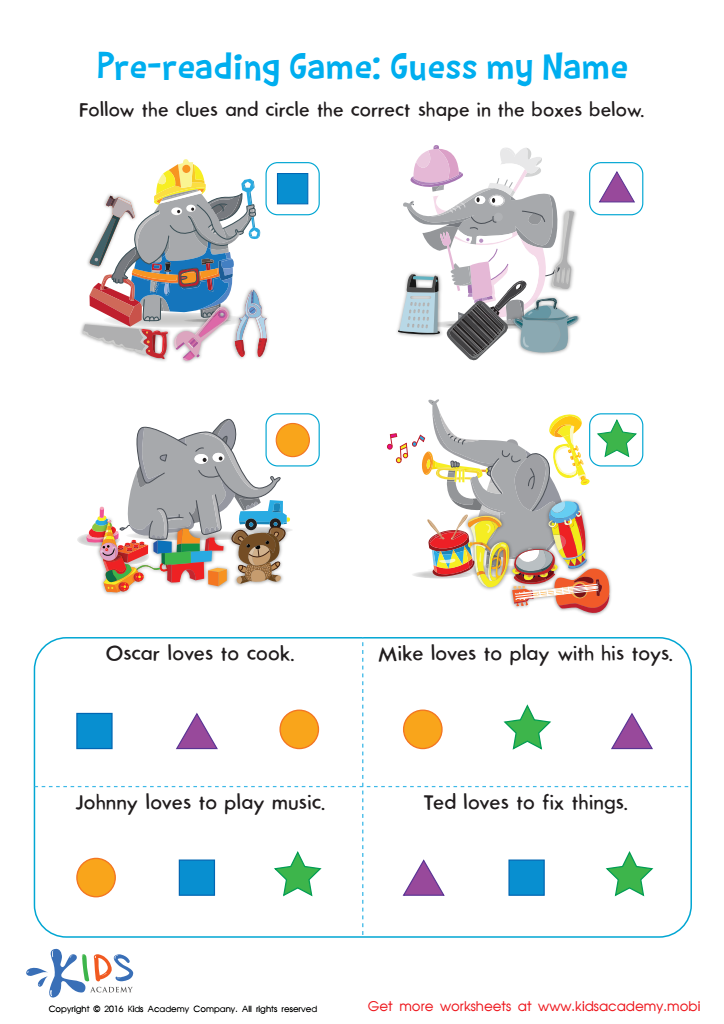

Pre Reading Worksheet Guess My Name
Parents and teachers should care about providing Cognitive Development Extra Challenges for building vocabulary in children ages 4-7 because it lays a critical foundation for their overall academic and life success. During this age, children's brains are especially receptive to learning new words and concepts, often referred to as the "critical period" for language acquisition. By engaging children in vocabulary-building exercises, they not only enhance their language skills but also boost cognitive functions such as memory, attention, and problem-solving.
Rich vocabulary is closely linked to improved reading comprehension and communication abilities. The more words children understand, the easier it is for them to grasp new ideas and express themselves clearly. This is crucial for success in school, as subjects like reading, science, and social studies require a strong understanding of language.
Moreover, a robust vocabulary fosters emotional and social development. It empowers children to articulate their thoughts and feelings, which is essential for healthy interactions with peers and adults. It also helps them to understand and follow instructions, enhancing their ability to learn and cooperate in various settings.
In essence, investing in vocabulary-building activities during this formative period is pivotal for promoting cognitive growth, academic achievement, and social-emotional well-being, setting the stage for a lifetime of learning and success.
 Assign to My Students
Assign to My Students



















